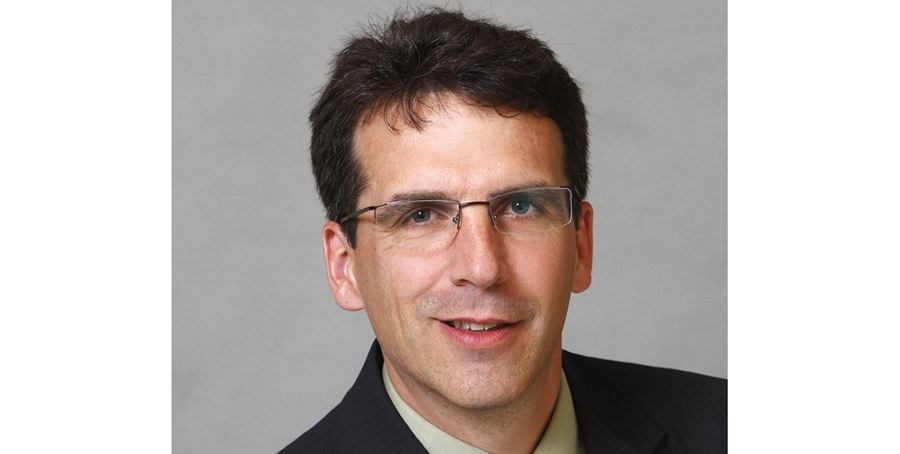A few years ago my nephew, a college dropout, had just the wrong combination of brilliant and cocky, which left him a little short on cash and a lot long on cockamamie during a family vacation to Israel.
He had already tapped out his mom and dad, and was scheming on his next project on a stiflingly hot afternoon in Jerusalem. They were on a bus loaded with grey-haired tourists who were enamoured with the charming young man.
After a long day seeing the sights, he found a large millipede and picked it up to show off to the other travellers on the bus.
This is when youthful exuberance met up with pressing humiliation and hatched an egg. Perhaps his hunger made him dizzy, I'm really not certain.
He held aloft the squirming specimen and marched up and down the bus, offering to eat it whole if everyone on the bus pitched in a couple of dollars. The women were appalled, but the men enthusiastically urged him on, easily gathering up with the necessary combined cash threshold he had set at $50.
A dividend of desperation
If there was a bonus to the whole plan, it was that the critter was large enough that he wouldn't need lunch that afternoon. Roughly the thickness of his finger, each of the several bites was a mouthful to be, uh, savoured.
Unfortunately, he was still wearing braces, and had to take the extra time to pick the little black millipede legs out of his train tracks and consume them before the men on the bus would ante up the dough.
Years later, I am happy to report, the young man eventually learned to work his more conventional talents, and has since developed a successful career in the automotive inventory management business.
For the entrepreneur with several years or decades in his or her rear view mirror, these sorts of desperate times are a thing of the past. The larger question for them is how to allocate and invest the accumulated surplus.
In this second installment in this series, we look at a look at allocating the harvest which often accumulates over decades in business, this time focussing on taxation.
Taxation of investment income
in a corporation
The taxation of investment income (or passive income) earned in a corporation is far from straightforward. For the purposes of this article, investment income includes interest, foreign income, rental income, royalty income and taxable capital gains. The intention of the refundable tax system is to make individuals indifferent to earning investment income in a corporate structure versus earning it personally.
Under Part I of the Income Tax Act, a corporation that is resident in Canada is subject to taxes on its income. In addition to regular corporate income tax, passive investment income earned by a corporation is subject to an additional tax designed to eliminate any tax deferral that would otherwise be possible by earning corporate investment income. I won't get in to it all here, but suffice it to say there is a system in place designed to make it so.
Capital Dividend Account (CDA)
Among other things, the CDA accumulates the non-taxable/non-allowable portion of capital gains and capital losses. A positive balance in the CDA can be paid out to the shareholders as a tax-free capital dividend. This is another whole topic discussed in greater detail in a later segment of this series of articles.
Tax rates
To see the corporate tax rates on investment income for the current year, our firm (and presumably any other competent firm) has an up-to-date link to current combined corporate and personal income tax rates. The table illustrates the combined federal and provincial tax rates on various types of income and also assumes that the shareholder is at the top marginal tax rate.
Dividends: Where a corporation earns Canadian dividend income but does not pay out that income in the same taxation year, there may be a prepayment or deferral of tax designed to eliminate any advantage of deferral. Accordingly, it may be advisable to distribute Canadian eligible dividend income earned in the corporation in the same taxation year that it is earned to avoid the prepayment of tax.
When the surplus assets are already inside the corporation, there may be tax implications when you withdraw the funds out of the corporation to invest personally. These should be balanced against the taxation issues noted above.
Conclusion
It is important to understand the tax implications of investing in your corporation as this may affect your decision to hold certain types of investments inside your corporation versus holding them personally. In addition, consider the funding requirements of the business and the timing before you withdraw excess cash. You should discuss all these decisions with your qualified tax advisor prior to implementing any plan or making major changes to your current program.
Mark Ryan is an advisor with RBC Wealth Management, Dominion Securities (member CIPF) and can be reached at [email protected].



